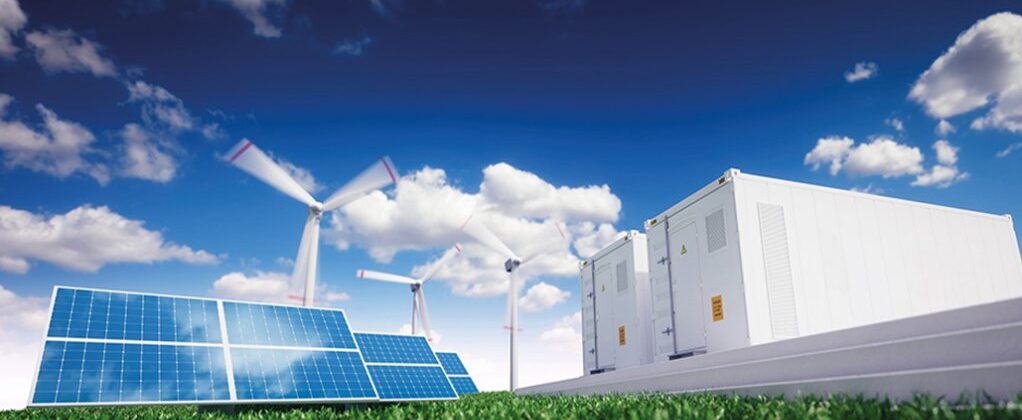by Flextra Engineered Products 0 comment
Green hydrogen economy in South Africa growing from small projects
While South Africa and the world are in the nascent stages of using sustainably produced, or green, hydrogen as an energy carrier, there are many projects across the emerging value chain highlighting opportunities for role-players at local and international level.
Experts participating in a ‘Green Hydrogen: Policies to expand investment in this new clean energy source’ webinar, hosted by Engineering News publisher Creamer Media, on April 19 detailed some of the challenges facing the green hydrogen sector locally.
These include ‘islanding’, wherein all the power and hydrogen production is contained within one site.
Energy infrastructure and generation company Engie South Africa business developer Shahil Juggernath highlighted Project Rhino in which the company was working alongside diversified mining multinational Anglo American to produce green hydrogen for use onsite at Anglo American’s Mogalakwena platinum mine, in Limpopo.
Further, Engie is, with key partners such as the Freeport Saldanha Industrial Development Zone and Anglo American, working to create the first green iron ore corridor between South Africa and the European Union, which would include decarbonising production, transport and all elements of producing and shipping iron ore.
“We are initially looking at decarbonising shipping, but the project’s aims can be expanded to see how we can decarbonise other elements, including the industrial development zone itself,” he illustrated.
Further, Council for Scientific and Industrial Research (CSIR) senior researcher Dr Thomas Roos briefly highlighted that the most efficient solution was to use renewable energy directly. However, not all applications could be powered by renewable energy, such as maritime shipping, commercial aviation and certain industrial sectors, which was where green hydrogen would be used.
“An area of interest in the short term is the global availability of ammonia. Ammonia is currently the easiest way to transport hydrogen very long distances, and it is also used to make fertiliser, explosives and refrigerants.
“Since Russia’s invasion of Ukraine, the price of ammonia has sky-rocketed, so that the price of green ammonia is close to that of grey ammonia, making for an interesting economic opportunity. Longer term, the production of green steel presents opportunities,” he said.
Meanwhile, the Freeport Saldanha was busy with a prefeasibility study, conducted by the CSIR, to investigate the potential for production, storage and export of green fuels, such as green ammonia and methanol from the Port of Saldanha, said Freeport Saldanha CEO Kaashifah Beukes.
However, the key questions that remained for developers were those of public infrastructure services, such as water, a workforce and roads, that could impact on the feasibility of a project, she highlighted.
Further, provinces or metropoles, to tap into the green hydrogen economy, can erect their own short-portions of the electricity grid and invest in additional electricity substations. These can then serve as nodes around which green hydrogen producers can sell their excess renewable energy into the grid while drawing power from solar and wind plants further afield, noted Roos.
“[State-owned power utility] Eskom is dealing with problems, and extending the grid to far-flung provinces is likely not on its agenda, but we will need the grid to get hydrogen going,” he noted.
Chemicals supplier multinational Stahl hydrogen and liquefied natural gas segment manager Ugur Ünal emphasised that South Africa should publish a holistic handling, storage and transportation regulation for green hydrogen, ammonia and methanol as a key first step.
“Hydrogen is highly flammable and can ignite readily in the presence of air or other oxidising agents. It is important to ensure every stakeholder understands the requirements to safely produce, handle, store and transport hydrogen,” he emphasised.
Additionally, partners were key to scaling up, such as through the green iron ore corridor, added Juggernath.
“Big companies in South Africa, such as Anglo American, Stahl and Engie, are looking to find solutions together. The climate crisis will not go away and green hydrogen is something that will play a role in alleviating the climate challenge,” he said.
However, he added that there were many opportunities for smaller and emerging companies in the hydrogen value chain in the local market and international markets.

